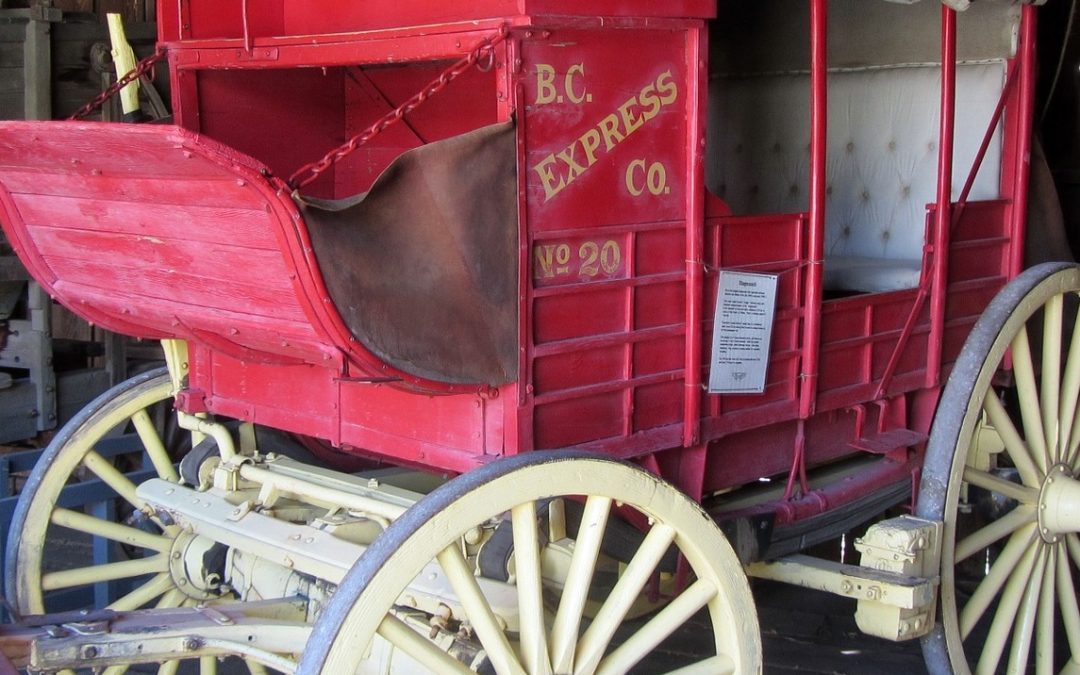
by Richard Subber | Aug 8, 2023 | American history, Book reviews, Books, Democracy, History, Politics, Power and inequality
we need love, and we need trust…
Book review:
The Crisis of Democratic Capitalism
by Martin Wolf
New York: Penguin, 2023
474 pages
Wolf examines the problem in plain language: the imperatives and the expectations of democratic government both complement and conflict with the pursuit of personal and corporate success in a capitalist world.
His arguments and considerations are a lot more nuanced than that. You can learn to think in new ways about the despairing failures that put our society at risk.
The Crisis of Democratic Capitalism emphasizes one key point: in both the democratic and capitalist frames of reference, we need to be able to trust our leaders and the folks whose personal interests are at variance with those of the rest of the members of our society.
Aye, there’s the rub.
* * * * * *
Book review. Copyright © Richard Carl Subber 2023 All rights reserved.
Book review: An Empire Divided
King George and his ministers
wanted the Caribbean sugar islands
more than they wanted the 13 colonies…
by Andrew Jackson O’Shaughnessy
–
As with another eye: Poems of exactitude with 55 free verse and haiku poems,
and the rest of my poetry books are for sale on Amazon (paperback and Kindle)
and free in Kindle Unlimited, search Amazon for “Richard Carl Subber”
* * * * * *

by Richard Subber | Jun 13, 2023 | American history, Books, History, Politics, Power and inequality
the men in gray went AWOL
Book review:
Bitterly Divided: The South’s Inner Civil War
by David Williams
New York: The New Press, 2008
310 pages
Wow! Bitterly Divided is a game-changing perspective on the causes and conduct of the American Civil War.
Read this compellingly researched book by David Williams to get the details.
Some highlights:
About a half million black and white Southerners served in the Union army, about 25% of the total number of men in arms wearing blue uniforms.
There was substantial opposition to secession in every state that seceded. Politicians and rich slaveholders literally corrupted the elections to make secession happen.
In the latter years of the war, at any given time as many as two-thirds of the common soldiers in the Confederate army were absent with or without leave. General Lee worried persistently about deserters.
The Confederate armed forces always had enough ammunition, but the soldiers and their wives and families at home never had enough food—because rich plantation owners insisted on planting the more profitable tobacco and cotton crops.
The Civil War was fought about slavery—because the big slaveholders refused to give up their source of free labor.
* * * * * *
Book review. Copyright © Richard Carl Subber 2023 All rights reserved.
Book review: “Bartleby, the Scrivener”
Here is loneliness beyond understanding…
by Herman Melville
–
Seeing far: Selected poems with 47 free verse and haiku poems,
and the rest of my poetry books are for sale on Amazon (paperback and Kindle)
and free in Kindle Unlimited, search Amazon for “Richard Carl Subber”
* * * * * *

by Richard Subber | Jun 8, 2023 | American history, Book reviews, Books, History
“Last call! Stage leaves in 10 minutes!”
Book review:
Stage Coach and Tavern Days
by Alice Morse Earle
New York: The Macmillan Company, 1900
Reissued by Singing Tree Press, Detroit, MI
449 pages
Old-fashioned, folksy prose. Stage Coach and Tavern Days is just dripping with details for the sincere history buff or historian.
Just in case you forgot, taking a ride in a stagecoach was a noisy, dusty, bone-thumping experience…and there was no onboard bathroom.
If you have a secret love affair with stage coaches, and taverns, and spirituous beverages in the 18th century, dive in.
* * * * * *
Book review. Copyright © Richard Carl Subber 2023 All rights reserved.
Book review: The Sea Runners
…it informs, it does not soar…
by Ivan Doig
–
Seeing far: Selected poems with 47 free verse and haiku poems,
and the rest of my poetry books are for sale on Amazon (paperback and Kindle)
and free in Kindle Unlimited, search Amazon for “Richard Carl Subber”
* * * * * *
by Richard Subber | May 28, 2023 | American history, Book reviews, Books, History, Human Nature
self-serving lies, and dreams…
Book review:
The Self-Made Man in America:
The Myth of Rags to Riches
by Irvin G. Wyllie (1920-1974)
New York, The Free Press, 1954
210 pages
The Self-Made Man in America is a historian’s delight.
Wyllie offers the multiple meanings of “the self-made man” throughout American history, connecting historical elements of the American dream and the self-serving promotion of the concept by titans of industry and their bankers.
There is a panoply of quotations from key decision-makers throughout the decades that aid the reader in understanding how Americans at all ranks in the socioeconomic spectrum advocated, criticized, and embodied the siren song of “the self-made man.”
To be sure, Wyllie plainly states his verdict: “Throughout all our history the self-made man was the exception not the rule…success has been for the few, not the many….Men who occupy the lowest places in our society have known the facts for a long time…but…men on the bottom need dreams.” (p. 174)
* * * * * *
Book review. Copyright © Richard Carl Subber 2023 All rights reserved.
Book review:
Moral Tribes by Joshua Greene
he’s sincere, but off the mark…
–
In other words: Poems for your eyes and ears with 64 free verse and haiku poems,
and the rest of my poetry books are for sale on Amazon (paperback and Kindle)
and free in Kindle Unlimited, search Amazon for “Richard Carl Subber”
* * * * * *

by Richard Subber | May 14, 2023 | American history, Book reviews, Books, History, Joys of reading, Revolutionary War
…John Adams,
in the thick of it…
Book review:
John Adams
by David McCullough (1933-2022)
Simon & Schuster, New York, 2001
751 pages
Maybe you’re like me. Maybe you don’t think biography is the best way to do history. David McCullough’s Pulitzer Prize-winner is a reason to change your mind a bit.
John Adams, simply, is a really good book. McCullough helps you to warm up to this American icon and to his personal experience in leading the American Revolution and the first formative years of the American republic.
Adams, our first vice president and second president, was among the few who were in the thick of it from the beginning, and he never shrank from doing what he expansively viewed as his duty to his new country.
McCullough’s prose is a delightful experience for the serious historian and for the armchair dabbler who likes a good read. From cover to cover, John Adams is a lush, genuine presentation of a man, his loved ones, his career, his commitment to do good works and his never-flagging appreciation that the object of government should be to do the people’s business and make possible a decent life for all.
Adams, of course, couldn’t stop himself from being a politician, and he wasn’t the nicest kind.
The Alien and Sedition Acts were among the lowest points of American politics.
* * * * * *
Book review. Copyright © Richard Carl Subber 2023 All rights reserved.
Book review: Who Built America?
…including people
who got their hands dirty
by Christopher Clark and Nancy Hewitt
–
Above all: Poems of dawn and more with 73 free verse poems,
and the rest of my poetry books are for sale on Amazon (paperback and Kindle)
and free in Kindle Unlimited, search Amazon for “Richard Carl Subber”
* * * * * *

by Richard Subber | May 9, 2023 | American history, Book reviews, Books, History, Human Nature, Politics
we ask too much…
Book review:
What It Is Like to Go to War
by Karl Marlantes
New York: Atlantic Monthly Press, 2011
256 pages
There are two kinds of readers who can presume to learn something from Marlantes’ second book, What It Is Like to Go to War: those who have combat experience, and those who don’t.
I guess you will feel just about every emotion while you’re reading it.
Of course we ask too much of our men and women who go to war.
Of course, sadly, we don’t know how to say “thank you” and we find it hard to figure out how to say “you don’t have to tell us everything you did, unless you want to.”
Of course we don’t say often enough “you’re still a good person.”
Marlantes’ first book was Matterhorn, a robustly intuitive assessment of the mind and experience of a warfighter.
* * * * * *
Book review. Copyright © Richard Carl Subber 2023 All rights reserved.
A poet is a “maker”
…and it doesn’t have to rhyme…
–
As with another eye: Poems of exactitude with 55 free verse and haiku poems,
and the rest of my poetry books are for sale on Amazon (paperback and Kindle)
and free in Kindle Unlimited, search Amazon for “Richard Carl Subber”
* * * * * *




